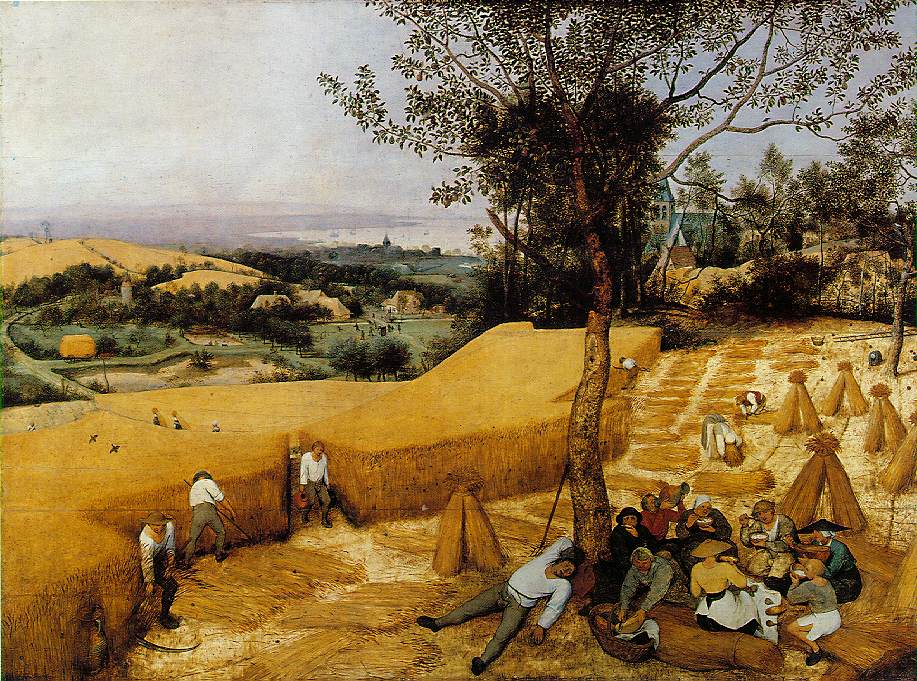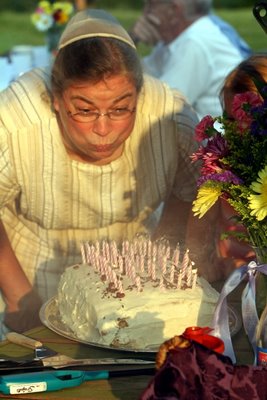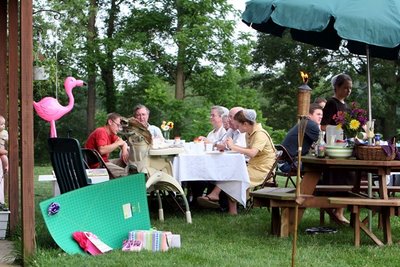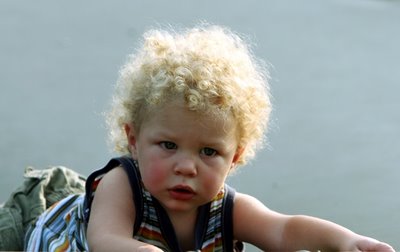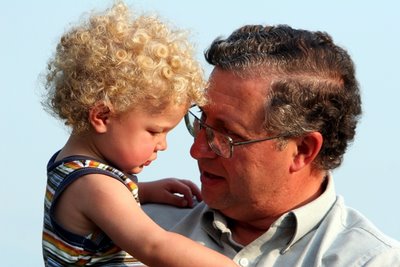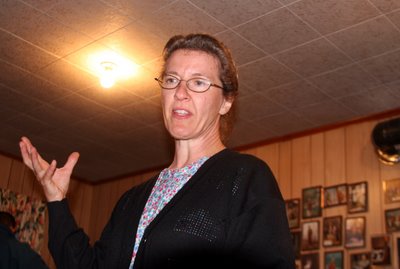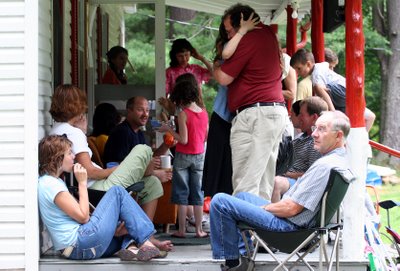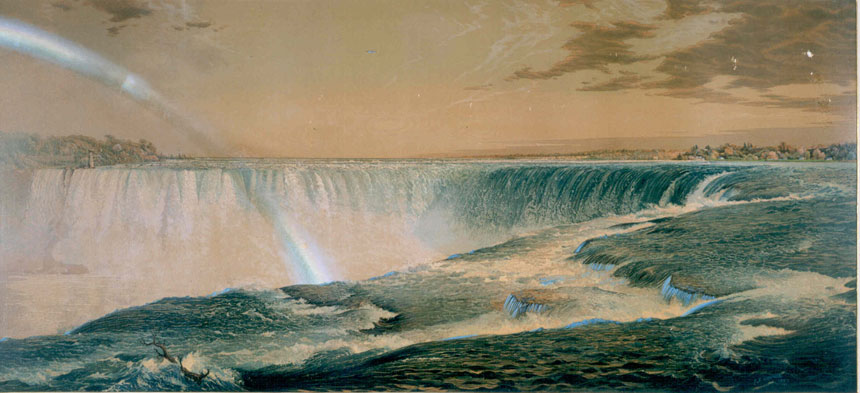
Charles Risdon after Frederic Edwin Church. Niagara, 1857. Published by Charles Day and Son, London, England. Chromolithograph on white wove paper. Olana State Historic Site, New York, State Office of Parks, Recreation and Historic Preservation.
Dear Dad,
I’m sending you this book as a belated birthday/Father’s Day present. I thought you might like reading and seeing about the history of American tourism. I saw the works featured in the book at an art exhibit here in the city. It made me imagine what it must have been like to hear about the spectacular natural sights of America, but not be able to go see them because there were no roads, no trains, no cars -- not even any photos. It made me think about how exiting it would have been to go see the paintings of Frederic Edwin Church (1826-1900) of such pristine places. How exhilarating it would have been to actually get a chance to experience Niagara Falls after reading it is one of the most “sublime” scenes in mid-19th century America – “Nature’s Grandest Wonder, New York’s Imperial Gift to Mankind.” Today, it would have been the equivalent of seeing the Great Wall of China -- you just have to have enough money to get there.
Unfortunately I remember thinking Niagara Falls was boring; too bad I didn’t have more of a historic perspective. As I think back, I’m a little bit nostalgic for our old sight-seeing tours. Our trips were some of the most memorable things we did. I still remember going up Mt. Washington on the cog railroad they built as simultaneously Winslow Homer made it famous with his paintings in 1868. Watching the waves bash into the rocks on Mount Desert Island – a place fixed in the American imagination by the work of both Church and Homer. But even more than our trip to the New England “lands,” I remember the time you set 17-year-old me free behind the wheel of our old Winnebago and I caught a 75 mph wind blowing from the West out of Wyoming – it was pretty flat in Nebraska, it was the middle of the night, you were tired and the roads were straight. We took another cog railroad up Pike’s Peak; climbed up red rocks to see the Delicate Arch; purred through Death Valley on hot air, fumes, and prayer; saw Yosemite, Red Woods, the Golden Gate Bridge, American icons all; rode a dune buggy in the dunes; fished for halibut, but caught a weird deep-sea creature and a sand shark instead; we saw massive airplanes in Everett and bought posters; we had a nice view of the clouds but I don’t remember actually seeing glaciers in Montana; we had a close encounter with a Grizzly and a snowball fight in the middle of summer in Yellowstone.
None of that would have been possible without the American invention (or at least adaptation) of tourism, of vacations. And none of it would have been possible without you putting up with us whining and complaining like the Children of Israel after only a couple days in the motor-home. You spent a lot of money, gave us a lot of your time. You gave us a lot of fun. Actually you gave us some of the best experiences our family has ever had. You let us explore the world in ways not very many children can, but I think all children should. I know you did it at least in part because that’s what your father did for you, maybe your father did it because he remembered the stories Great Grandpa John told about going West in the 1910s -- although he had to work to see his sights. You can count on me to do my best to extend the tradition into the next generation.
Maybe the next time I see you we’ll be holding those stupid looking bright green phones up to our ears on the Freedom Trail in Boston.
Thanks for being my Dad.
Darren
You can see the exhibition Frederic Church, Winslow Homer, and Thomas Moran: Tourism and the American Landscape online at: http://ndm.si.edu/EXHIBITIONS/tourism_in_america/site/index.asp
